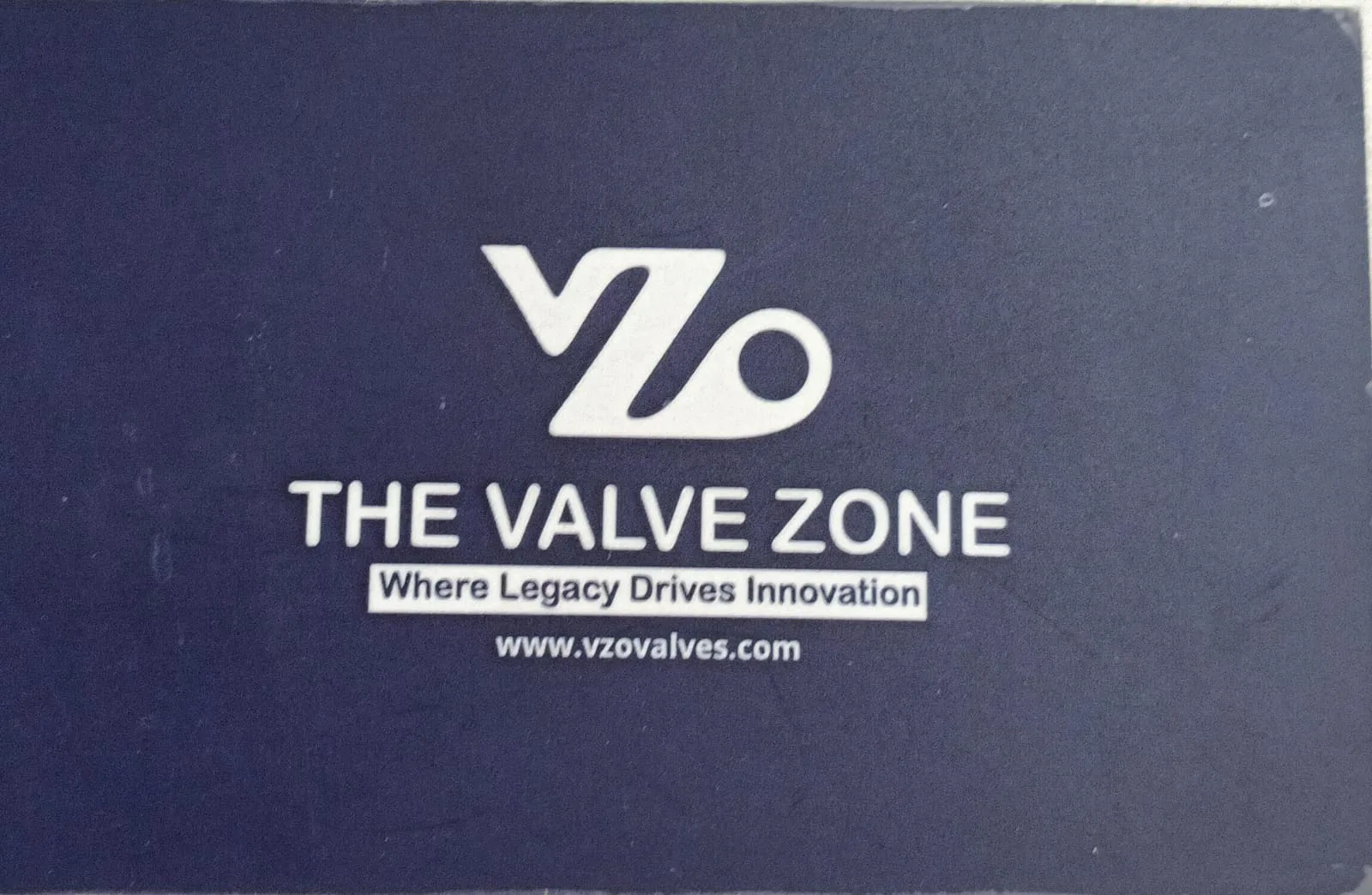The Value Zone…Engineering Work
In today’s rapidly evolving industrial landscape, organizations are continually seeking ways to maximize productivity, minimize waste, and deliver high-quality outcomes. One of the most strategic concepts to emerge from this effort is the idea of the Value Zone. This is the space where meaningful contributions are made, where innovations happen, and where real progress takes shape. Nowhere is this more evident than in the domain of engineering work.
The Value Zone represents the intersection of creativity, precision, and efficiency. It’s the point at which professionals are not just completing tasks but generating measurable value. In the context of engineering work, this means turning abstract ideas into tangible products, solving complex problems, and implementing systems that enhance lives and businesses. When engineers are operating in the Value Zone, their efforts contribute directly to the bottom line while advancing technological capabilities.
Engineering work is inherently multi-dimensional. It involves technical analysis, design, experimentation, and execution. However, not all aspects of the job carry the same value. For example, time spent searching for files, rewriting documents due to miscommunication, or manually collecting data that could be automated are all activities that exist outside the Value Zone. These tasks, while sometimes necessary, do not contribute directly to the core purpose of engineering: to innovate and deliver functional solutions.
To maximize time spent in the Value Zone, companies need to streamline processes and provide engineers with the right tools and environment. This includes adopting advanced software solutions, encouraging collaboration across departments, and eliminating bottlenecks in communication. By doing so, they ensure that engineering work remains focused on high-value activities like ideation, design refinement, prototyping, and optimization.
Another key factor in supporting the Value Zone is leadership. Managers must recognize where value is being created and support their teams accordingly. Instead of micromanaging, they should provide clear goals, relevant resources, and freedom to innovate. This kind of environment encourages ownership and fosters a deeper connection between engineers and the outcomes of their work. It also leads to higher job satisfaction, which is crucial in retaining skilled professionals in an increasingly competitive market.
Education and continuous learning play an important role too. As technologies change, so do the requirements of engineering work. Training programs, workshops, and certifications help engineers stay in the Value Zone by ensuring their skills are up to date and aligned with industry demands. This commitment to growth ensures that teams can handle more complex challenges and contribute more effectively to their organizations.
Moreover, organizations should measure performance based on value-added outcomes, not just output. In the case of engineering work, this could mean evaluating how a design improves user experience, reduces cost, or simplifies manufacturing. When success metrics are aligned with value creation, it motivates professionals to focus their efforts where it matters most.
The rise of digital transformation has also shifted the nature of the Value Zone. With the integration of AI, cloud computing, and automation tools, repetitive tasks in engineering work are increasingly being handled by machines. This frees engineers to focus on strategic thinking, innovation, and problem-solving—activities that belong squarely within the Value Zone. Companies that embrace this shift can position themselves at the forefront of innovation.
In conclusion, the Value Zone is where meaningful engineering work takes place. It’s the zone where ideas are born, tested, and brought to life in ways that deliver real impact. For organizations looking to thrive in the modern world, it is essential to understand, protect, and expand this zone. This means investing in the right tools, fostering a supportive culture, and empowering engineers to do what they do best: solve problems and create value.
Overview
Features:
- ENGINEERING WORK

